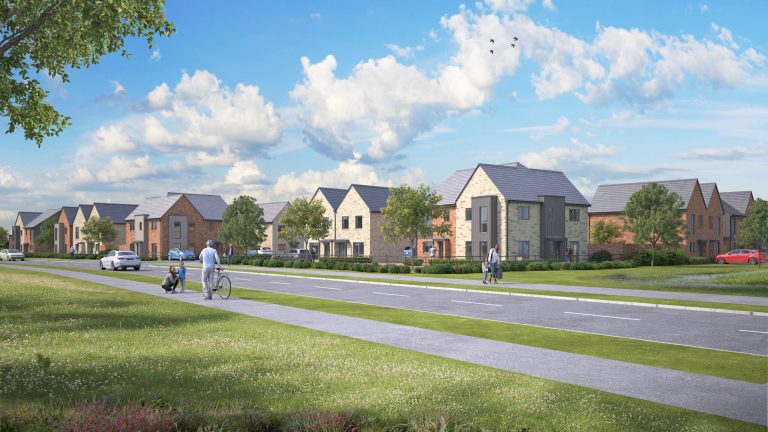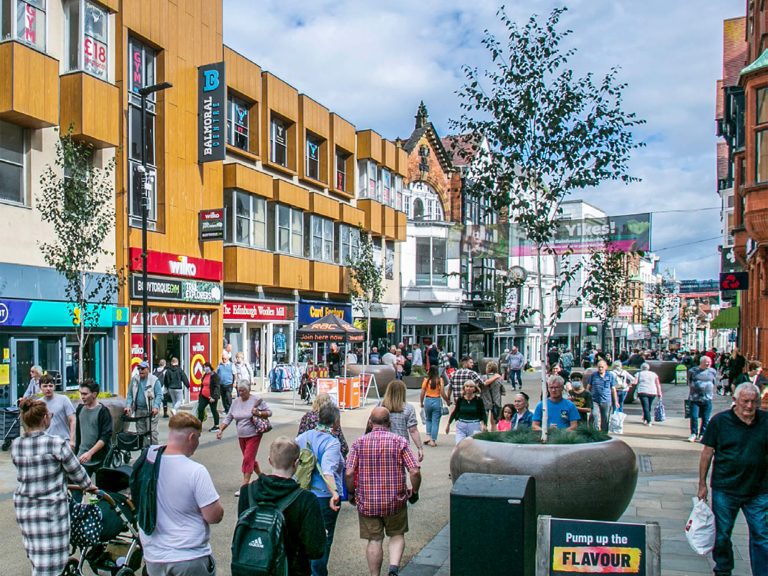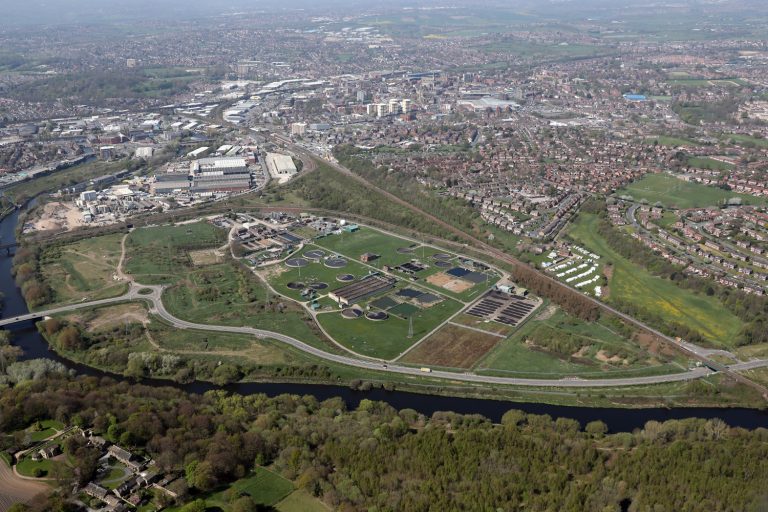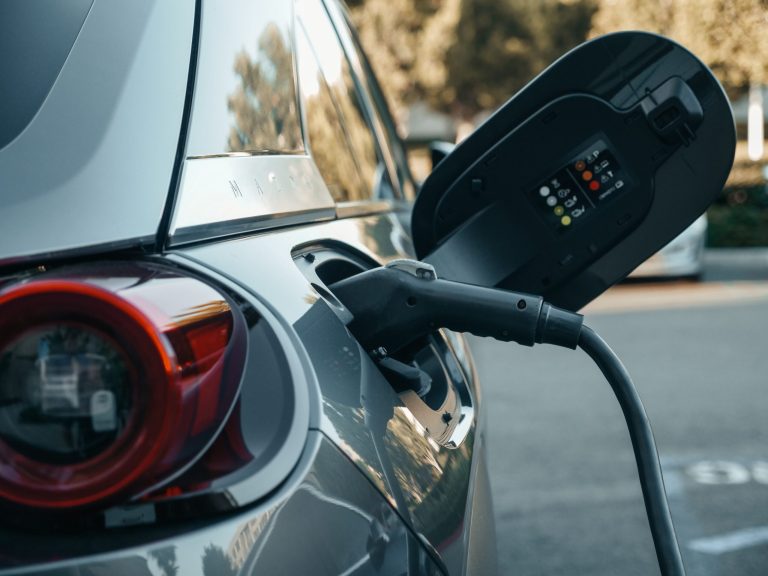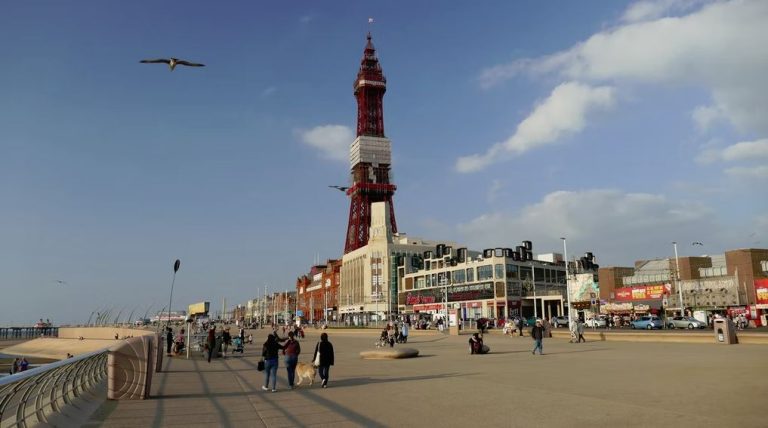Blackpool is a town that has had to reinvent itself on countless occasions. While it might be known as a seaside resort today, it was once nothing more than a few small villages which turned into a fashionable place for sea bathing in the 18th century; back then, this was seen as a cure for many ailments. The town really came alive in the late 19th and early 20th centuries when it became the first town to install street lighting. Tourists flocked from all over to get a glimpse of this new technology for themselves, a tradition that lives on to this day. However, today’s Blackpool is very different from the town in its heyday, when it was the place to be for Brits from all across England who were looking for a fun break away from work. Cheap international air travel facilitated by low-cost airlines put an end to that. While Blackpool is not the must-visit tourist destination it once was, it still attracts more than 18 million visitors each year. Those guests bring a huge boost to the local economy, spending £1.5 billion with local businesses. But to keep these visitors coming back, Blackpool has had to reinvent itself several more times as it looks to stay fresh and appealing to visitors of all kinds. To do that, the town has had to invest millions in construction projects to improve the built environment. Some of these projects are already complete and providing benefits to locals and visitors alike, though others are still in the planning stages. New Hotels Blackpool has a very broad range of hotel options that extend from quaint bed and breakfasts all the way up to a giant castle-shaped complex packed with a whole range of amenities. However, aside from a few exceptions, much of the accommodation in the town feels a little tired as chronic underinvestment and tough economic conditions have driven standards down. A new project that will see the redevelopment of a large section of the central part of the town promises several new hotels opening near the seafront. It will include the Sands Resort Hotel & Spa, a Premier Inn, and a Holiday Inn. The bulk of this construction work is due to be completed in 2022. A Casino Blackpool has long flirted with the idea of building a large casino. The town already has several small gaming establishments ranging from the arcades where you can play coin pusher games, to slot salons where you’ll find a range of different fruit machines to spin. In the 2000s, Blackpool bid to be the home of the country’s only “super casino” but it ultimately lost out to Manchester. In recent years, politicians have begun to revive the idea of opening a large casino in the seaside town, arguing that it will help to create jobs and attract even more visitors to Blackpool. Unlike hotels, building a casino requires a lot more regulatory approval before you can even start breaking ground. It’s unclear as to whether this one will happen, though, because the entire gaming landscape has changed since the original plans were put forward. For a start, casino gaming has become much more accessible through the internet, with online casinos offering numerous convenient options. Competition among these sites is incredibly strong, with many looking for ways to set themselves apart from the crowd. They’ve all taken different approaches, with some focusing on bigger bonuses and others creating unique games that can’t be found anywhere else. Another tactic has been to develop slot games that have higher return-to-player rates. These higher RTP slots mean that players can theoretically expect to receive more of their wagers back if they were to play for an exceptionally long time, so, while not a guarantee, it is a good way to measure expected average payouts. With more people choosing to play online, any potential casino operators will need to assess the economic viability before committing to making such an investment. New Transport Infrastructure Blackpool is one of few places in Britain that retained its tram service, even as the mode of transport fell well and truly out of fashion. Despite these road-going trains still being in operation, the town has become very car-centric. Major changes to the town’s roads and footpaths have already been undertaken to help make it easier for pedestrians to get around on the seafront, with many more changes in the works. In addition to £20 million that’s been spent to avoid stormwater flooding, a total of £7.84 million will be spent on upgrading streets to make them more appealing and will involve resurfacing works, new trees, upgraded crossings to improve accessibility and safety, enhanced street furniture, and additional public art. In addition to improving the look, the work will help make cycling easier, boosting the uptake of active travel around the town.
